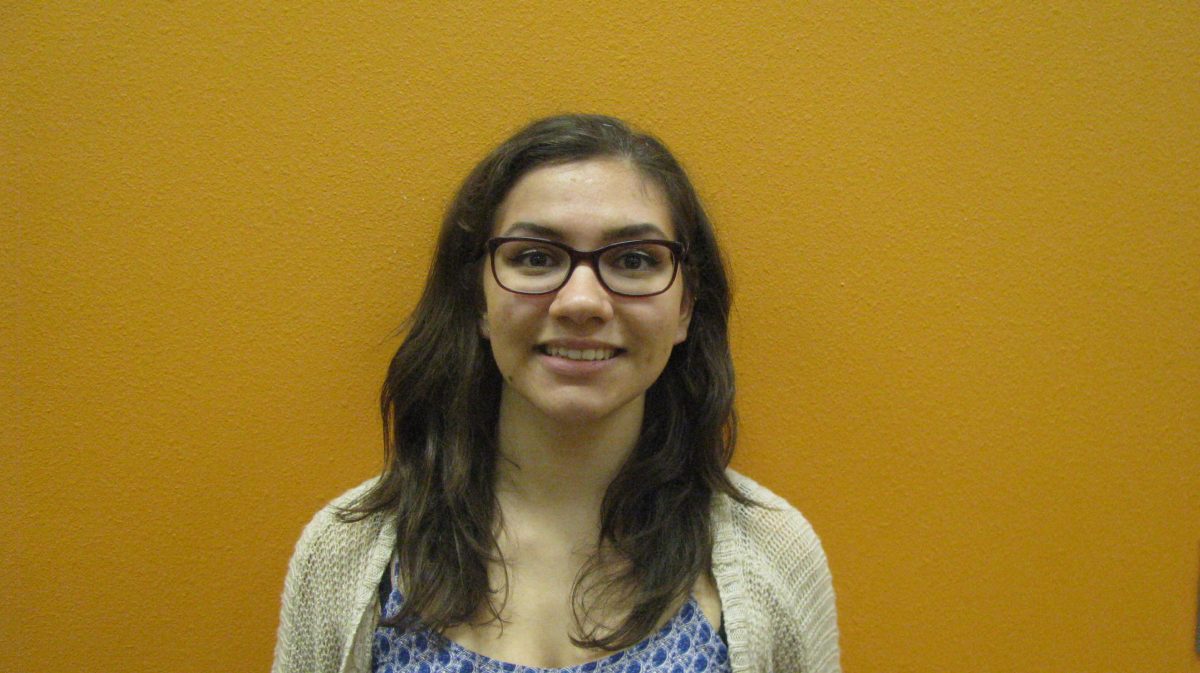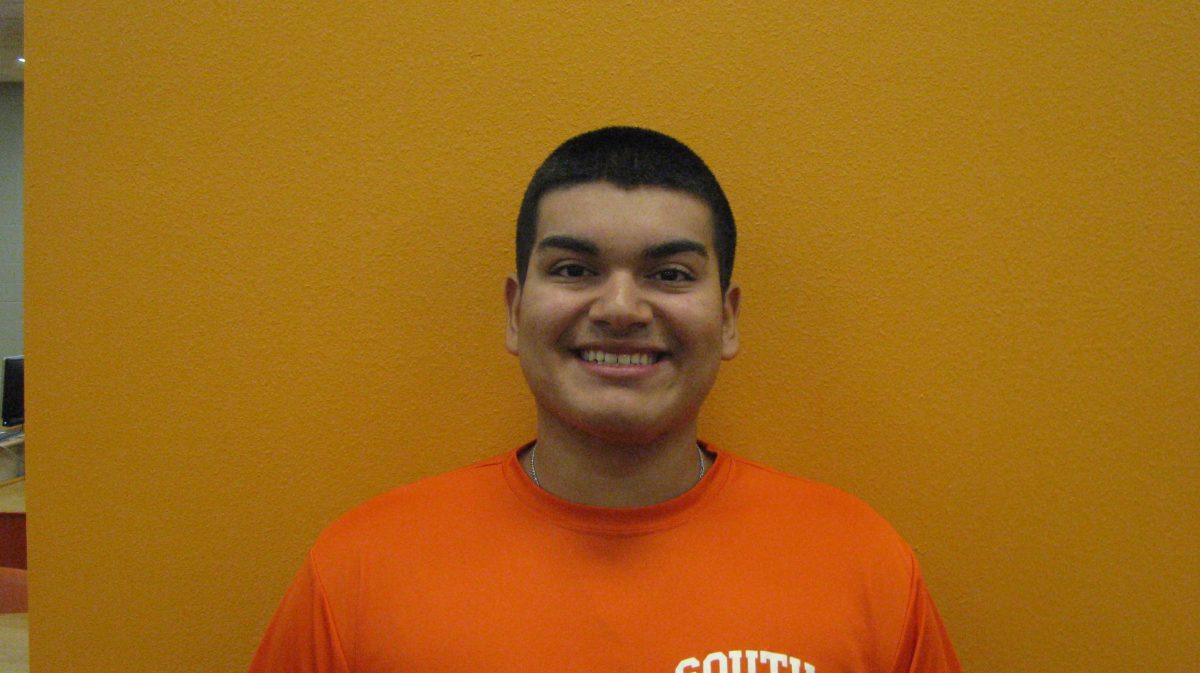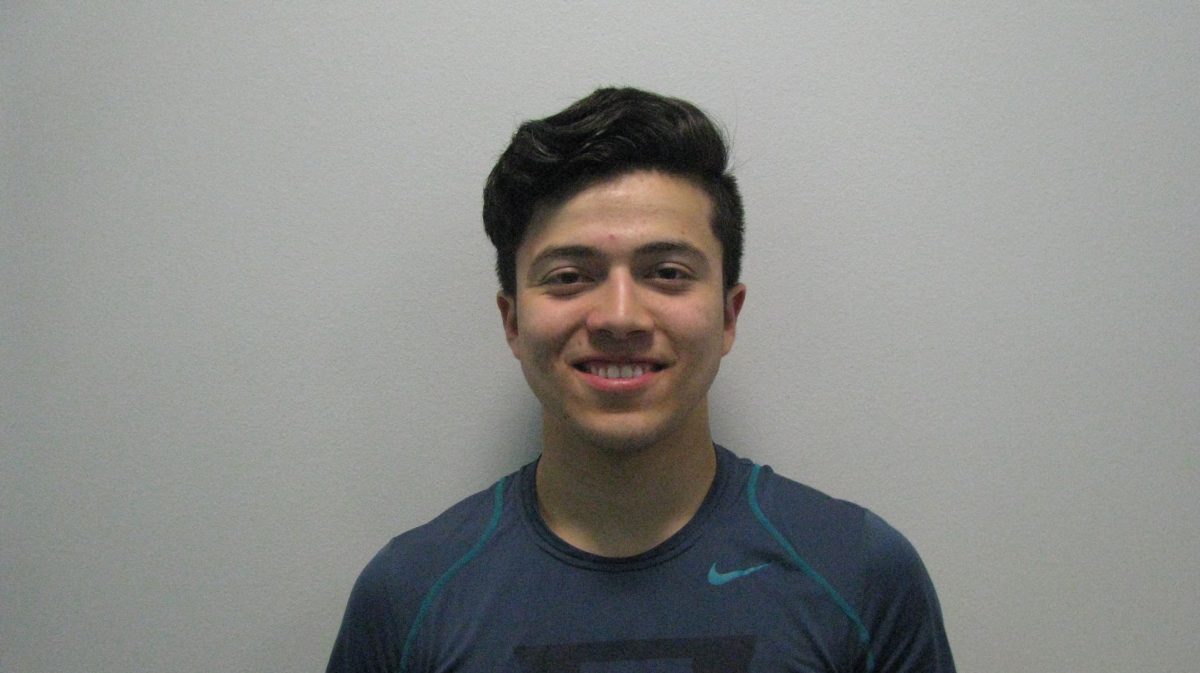HARLINGEN — Cara Ingram enjoyed a priceless opportunity on the steps of the Texas State Capitol.
She and members of PTAs from throughout the state had converged on the Capitol to support public schools. They cheered, waved flags and spoke out in support of Texas public schools.
“We talked about different bills that were about to pass,” said Cara, 14, a freshman at Dr. Abraham P. Cano Freshman Academy.
Cara was one of 13 students who traveled to Austin Feb. 27 for Texas PTA Rally Day. Members of student PTAs were there to discuss laws and bills with senators and representatives. Harlingen students especially enjoyed meeting state Sen. Eddie Lucio, Jr.
PTA stands for Parent Teacher Association. PTAs are divided into different levels including high school PTAs and the Texas PTA. Roland Ingram, vice president of the city council PTA, accompanied the high school students.
“Members of PTAs across Texas joined together on the Capitol steps to rally for public education and causes that we feel are important to our children,” said Ingram, who is also the principal at Treasure Hills Elementary and Cara’s father.
“They did cheers and waved flags,” he said.
The Texas PTA held the rally at the state Capitol because senators and representatives were going into session to discuss bills and laws, Ingram said.
“We decided it would be a neat deal to take a group of students to meet our legislators to discuss these issues,” Ingram said.
PTA students discussed legislation which directly affects public education, such as accountability, funding and cyberbullying. Another issue was the state’s new A-F accountability rating system for schools.
In the morning, students heard presenters on those various issues. Parents and teachers discussed their issues about education in a separate meeting.
“We met with Sen. Lucio and there were speakers inside,” Ingram said.
While Cara attended as a member of the PTA at Cano, Marco Martinez went to the rally as president of the PTA at the Harlingen School for Health Professions. Like Cara and her father, one of the first things he mentioned was meeting Lucio.
“We talked about legislative issues for Texas public schools,” said Marco, 16, a junior.
“We talked about the need to protect public school funding,” he said. “I was happy to meet and speak with Sen. Lucio in person because I asked him questions about problem solving and how some legislative actions can affect students. He actually gave some honest opinions.”
The students discussed a variety of laws and issues, Cara said.
“One of them was regulation of powdered alcohol and its appeal to younger kids,” she said.
It’s relatively new, she said, so there’s little regulation. About half the states have laws regulating this substance, but Texas isn’t one of them. Cara hopes new legislation would change that.
“I definitely enjoyed meeting Sen. Lucio,” Cara said. “He gave us a lot of information about bills.”
The problem with powdered alcohol:
“Powdered alcohol is not regulated by the FDA,” said Abigayle De Leon, 17.
“It’s super dangerous and there’s no legislation,” she said. “One drink is equal to two shots of vodka.”
She said she didn’t believe there was any legislation in congress to regulate powdered alcohol.
“That’s why PTA is getting involved, to get this legislation out there,” she said.
Joshua Delgado, 16, also expressed concern about powdered alcohol, which is accessible to anyone regardless of age.
The age issue for nonviolent officers: The students also expressed concern about nonviolent offenders being tried as adults and placed in prisons with hardened criminals. Currently, people age 17 can be tried as adults for such nonviolent crimes as drugs, petty thievery, and vandalism. The students felt that the age should be increased to age 18.
Texas, Abigayle said, is one of only nine states that tries juveniles as adults for nonviolent crimes.
Cyberbullying: Joshua De Leon learned a great deal about cyberbullying. “We talked about the David laws, because cyberbullying laws were named after a man named David.” David was a high school student who committed suicide after being the victim of cyberbullying. “People don’t realized this is a phenomenon.”







